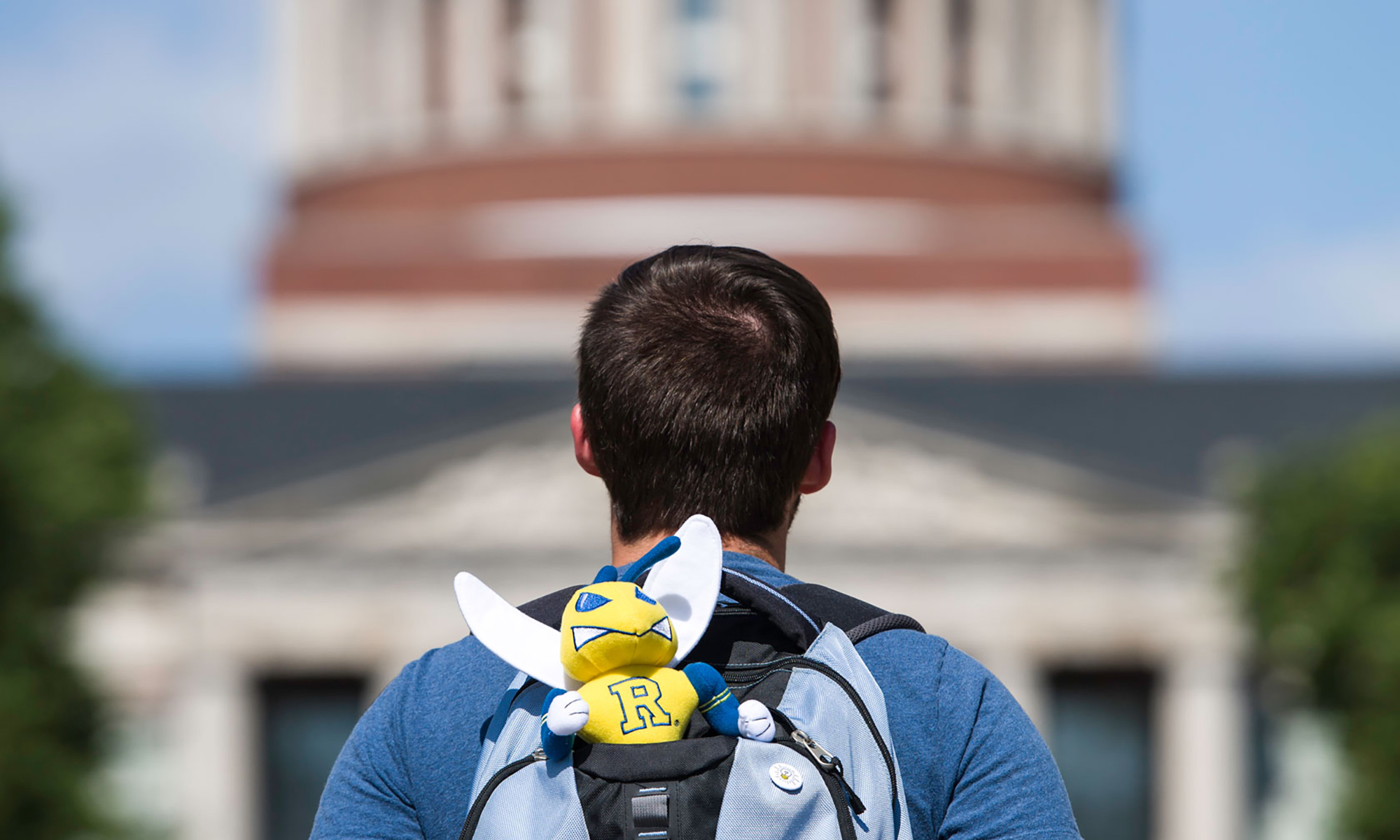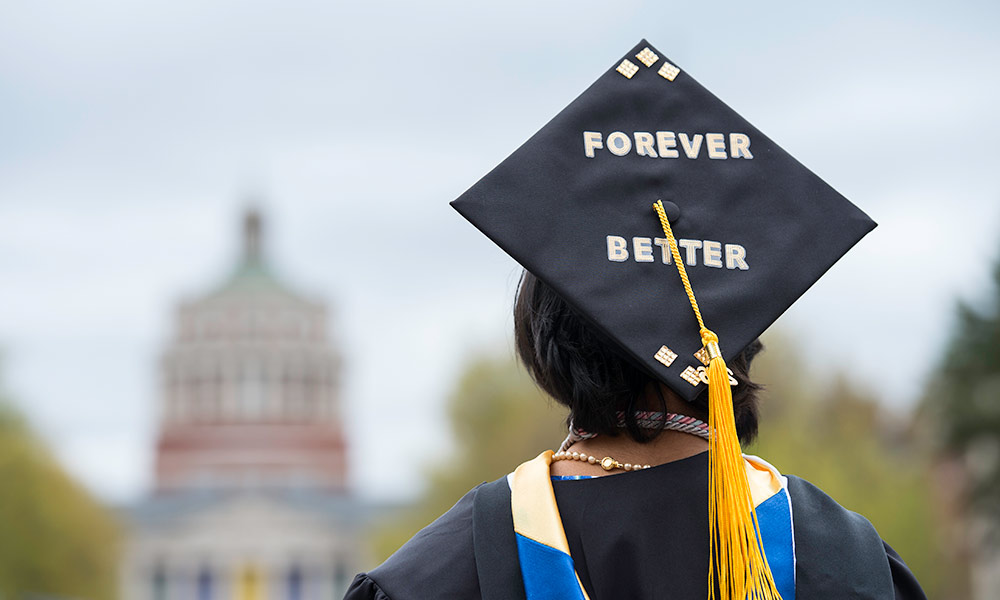The range of recently launched degree programs reflects what students, the workforce, and the world need and want to become ever better.
Design a rocket.
Master artificial intelligence.
Scat with a Grammy winner.
These are just some of the building blocks of several new academic programs at the University of Rochester. The latest degree offerings add to the 200-plus programs of study for undergraduate and graduate students. Some were developed to meet the workforce needs of growing industries. Others double down on areas of historic distinction for the University. A few of the programs are brand new, while the rest debuted in the past few years. But all of them have a distinctly Rochester spin to them.
Here’s a look at some of the newest programs being offered in the 2024–25 academic year.
 2024: A space odyssey
2024: A space odyssey
Minor in Aerospace Engineering
Want to learn how to design and develop aircraft and spacecraft—or repair them? Students in the new aerospace engineering minor take courses that can open doors to mechanical design and manufacturing jobs in the aerospace.
The minor is open to all Rochester undergraduate students but particularly compatible with engineering and physics majors. The courses offered include Introduction to Aerodynamics, Aeorspace Structures, and Advanced Dynamics. Mechanical engineering majors must take four aerospace courses, while others take three aerospace courses and one mechanical engineering course.
“Our students have been enthusiastically asking about aerospace courses, careers, and credentials, and that’s why we built this new minor,” says Douglas Kelley, the director of undergraduate studies and a professor in the Department of Mechanical Engineering. “The industry is booming, with SpaceX single-handedly putting satellites into orbit more quickly than what the whole world could do 20 years ago, and with other companies not far behind.”
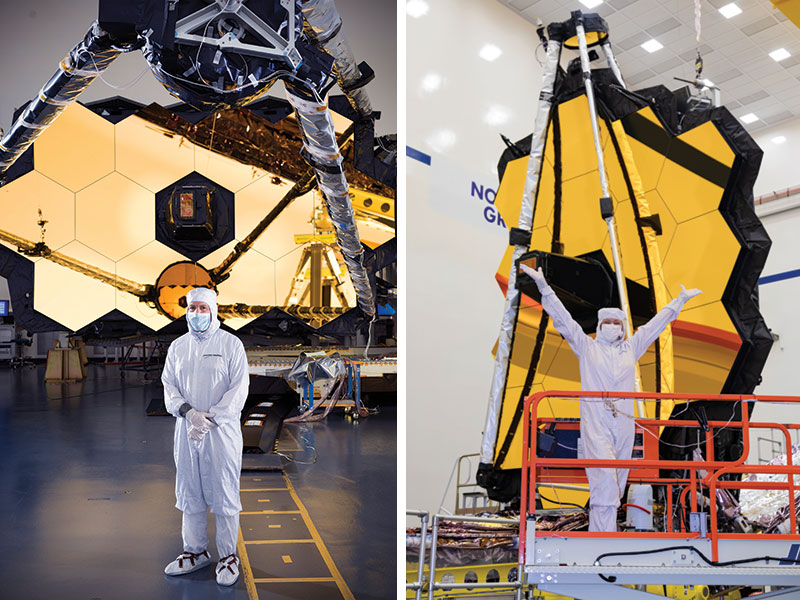
Kelley adds that the minor incorporates the study of aerospace optics, a longtime strength at the University (ICYMI dozens of Rochester faculty and alumni contributed to the successful launch of NASA’s James Webb Space Telescope a few years ago).
While the new minor represents a small step for undergrads, a giant leap may be coming soon for graduate students in the form of a master’s degree in aerospace engineering, which could be ready by fall 2025.
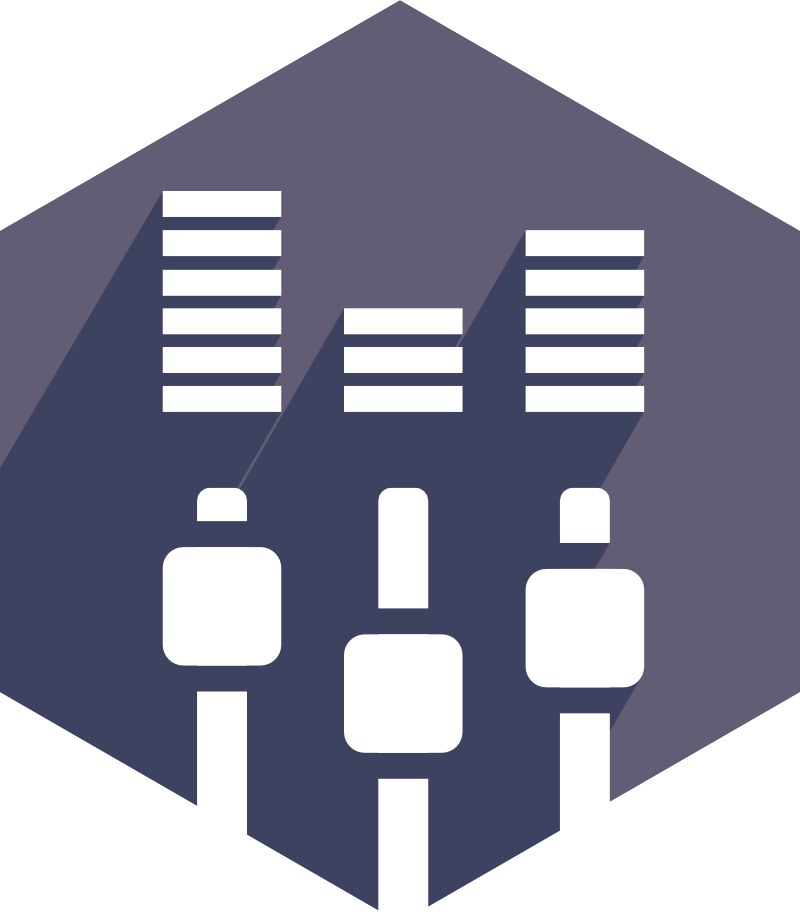 Lights, camera … sound
Lights, camera … sound
BA in Audio Arts and Technology
Ever wonder how sound is designed, recorded, and broadcast for video games or live sporting events? It’s as much art as it is science, so it only makes sense that a degree program would combine the two.
At Rochester, the audio arts and technology bachelor’s program lets students combine creative and expressive abilities with technical skills to embark on productive careers in sound and audio fields such as music recording and media production, sound design for media and games, live event support, and broadcasting. The program offers flexibility in combining studies in numerous disciplines.
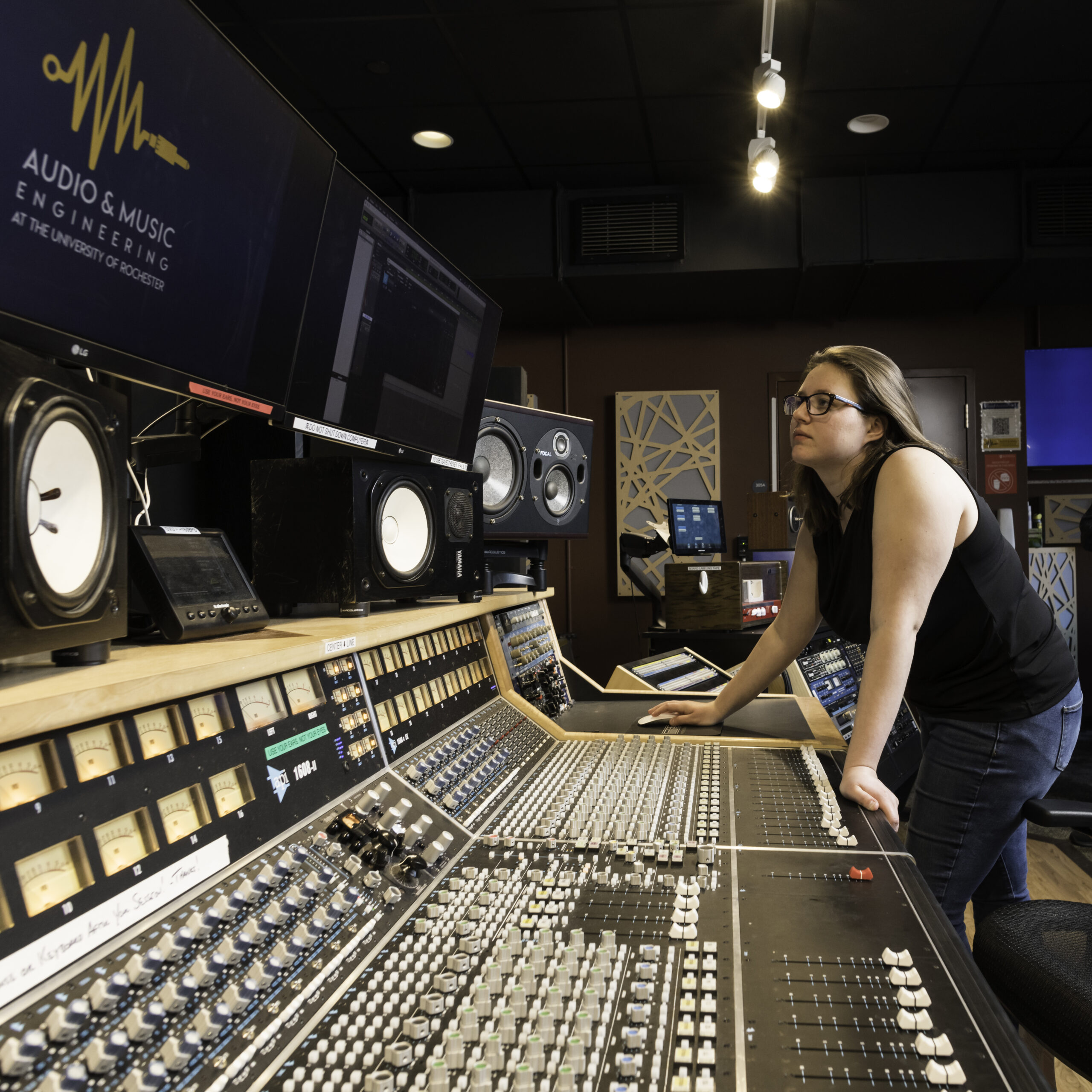
“It’s for the student who has a deep connection to developing new sonic textures and wants to push the boundaries in audio,” says Stephen Roessner, an assistant professor in the Department of Electrical and Computer Engineering. “From music to podcasting, film to gaming, students can dip their ears into creative trends in audio production.”
 Croon with a Grammy winner
Croon with a Grammy winner
BM in Jazz Performance—Jazz Voice
Speaking of cool sounds, you can harmonize with an award-winning artist at the world-renowned Eastman School of Music, one of the nation’s—and the world’s—best music schools.
Eastman offers a new jazz voice degree, a track within the jazz studies and contemporary media program, that’s designed and led by Grammy Award–winning vocalist Sara Gazarek. She’s part of säje, an all-female vocal group whose single, “In The Wee Small Hours of the Morning,” won the 2024 Grammy Award for best arrangement, instrument, and vocals.
“This degree is particularly appealing because it combines the inimitable legacy of the Eastman School of Music with an eye to the future of the jazz genre,” Gazarek says. “It will serve any student who wants to learn about the jazz vocal genre/contemporary vocal performance, in a safe and supportive environment, where the pitfalls of traditional music academia are constantly investigated, and shifted to better serve our base.”
All that jazz is fitting, especially since the acclaimed Rochester International Jazz Festival is held downtown near the Eastman School’s front steps each summer.
 Simon says, learn AI from home
Simon says, learn AI from home
Online MS in Business Analytics and Applied AI
The Simon Business School has been a leader in integrating generative artificial intelligence into business education. The school now offers an online master’s in business analytics and applied AI.
In the program, B-school students learn how generative AI is transforming business and then master sophisticated approaches to AI-powered analytics, distinguishing them from other candidates in the competitive job market by positioning them as data-driven, applied AI experts.
The 14-month program is fully online, with both synchronous and asynchronous courses offered. So while the AI revolution might not necessarily be televised, it will be Zoomed.
 Genomics unlocks master’s program
Genomics unlocks master’s program
MS in Data Science—Genomics Track
It’s not just the business world harnessing artificial intelligence. Another area leveraging AI is genomics—the interdisciplinary field of molecular biology that studies how organisms’ genes work. According to the National Human Genome Research Institute, it’s a rapidly growing discipline, with a rising demand in the workforce for professionals who can make sense of the massive amounts of data produced by genomic sequencing.
Last year, the University’s Goergen Institute for Data Science launched a genomics tack for the MS in data science program to provide students with a strong understanding of the theoretical and applied aspects of both data science and genomics.
There’s a lot of data mining and machine learning during this 19-month program, which is supplemented with workshops and seminars offered by University groups, including the Genomics Research Center (housed nearby at the Medical Center) and the Center for Integrated Research Computing.
But wait, there’s more: Rochester’s Genomic Intensive Data Science Research, Education and Mentorship (GIDS-REM) program, partly funded by the National Institutes of Health, awards fellowships that provide full-tuition scholarships and guaranteed internships.
 Engineering meets medicine
Engineering meets medicine
MS in Diagnostic Imaging
At Rochester, science, technology, and health care converge. The city, which was once dubbed “the image capital of the world,” is the birthplace of the Eastman Kodak Company, a pioneer in photography and imaging technologies. Today, the region’s robust health care sector is anchored by UR Medicine, our area’s premier health service organization.
The master of science in diagnostic imaging program at Rochester builds on these historic and current strengths. It’s rare that engineering students and medical residents work and learn alongside each other. At Rochester, that’s easily done when your engineering school and academic medical center are a mere five-minute walk from each other.
This master’s program aligns imaging fundamentals from engineering with radiological applications observed in immersive clinical environments. It even incorporates emerging artificial intelligence techniques to help prepare the next generation of medical imaging professionals.
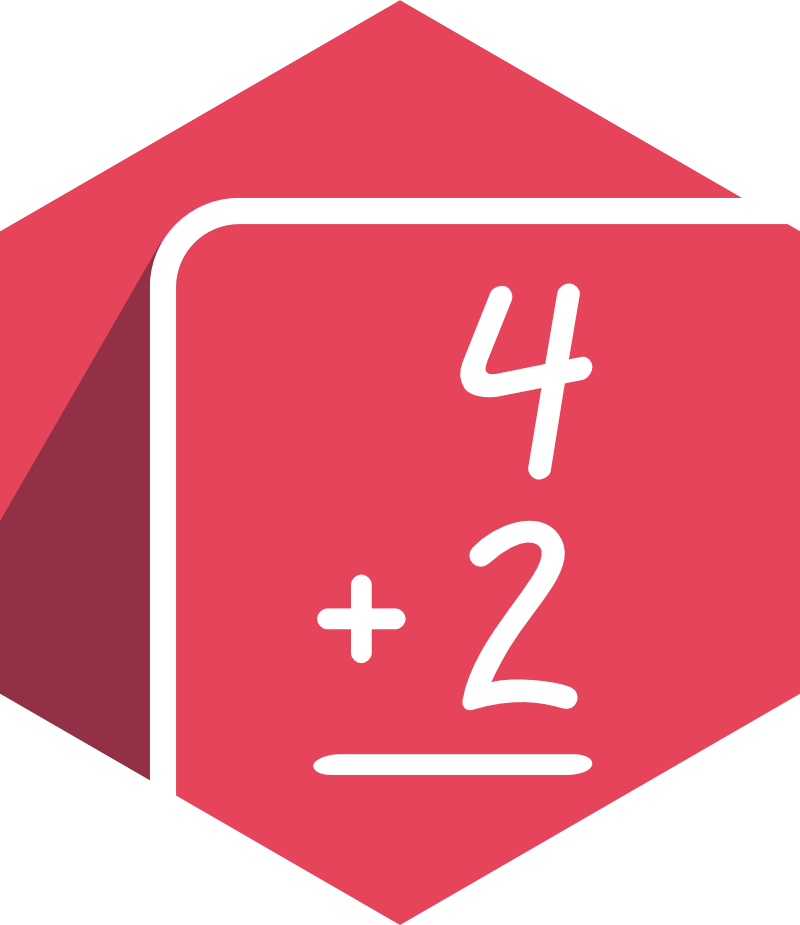 Teach the children well
Teach the children well
MS in Teaching with Initial Certification
You don’t necessarily need your master’s degree in hand before you can begin working as an educator in New York State. The Warner School of Education and Human Development offers two teacher residency programs that can jumpstart your teaching career.
The ROC Urban Teaching Fellows Program, a partnership with the Rochester City School District and nearby Nazareth University, gives future educators a full year of hands-on classroom experience, mentorship, and employment. Fellows are hired by the school district under a three-year contract, paid a salary with benefits, and provided $15,000 toward college tuition.
During their first year, accepted teacher candidates work side by side with an experienced co-teaching mentor in the school district while simultaneously completing a master’s degree that leads to initial New York State teacher certification. They spend the following two years after graduation leading classrooms in the city as certified full-time teachers.
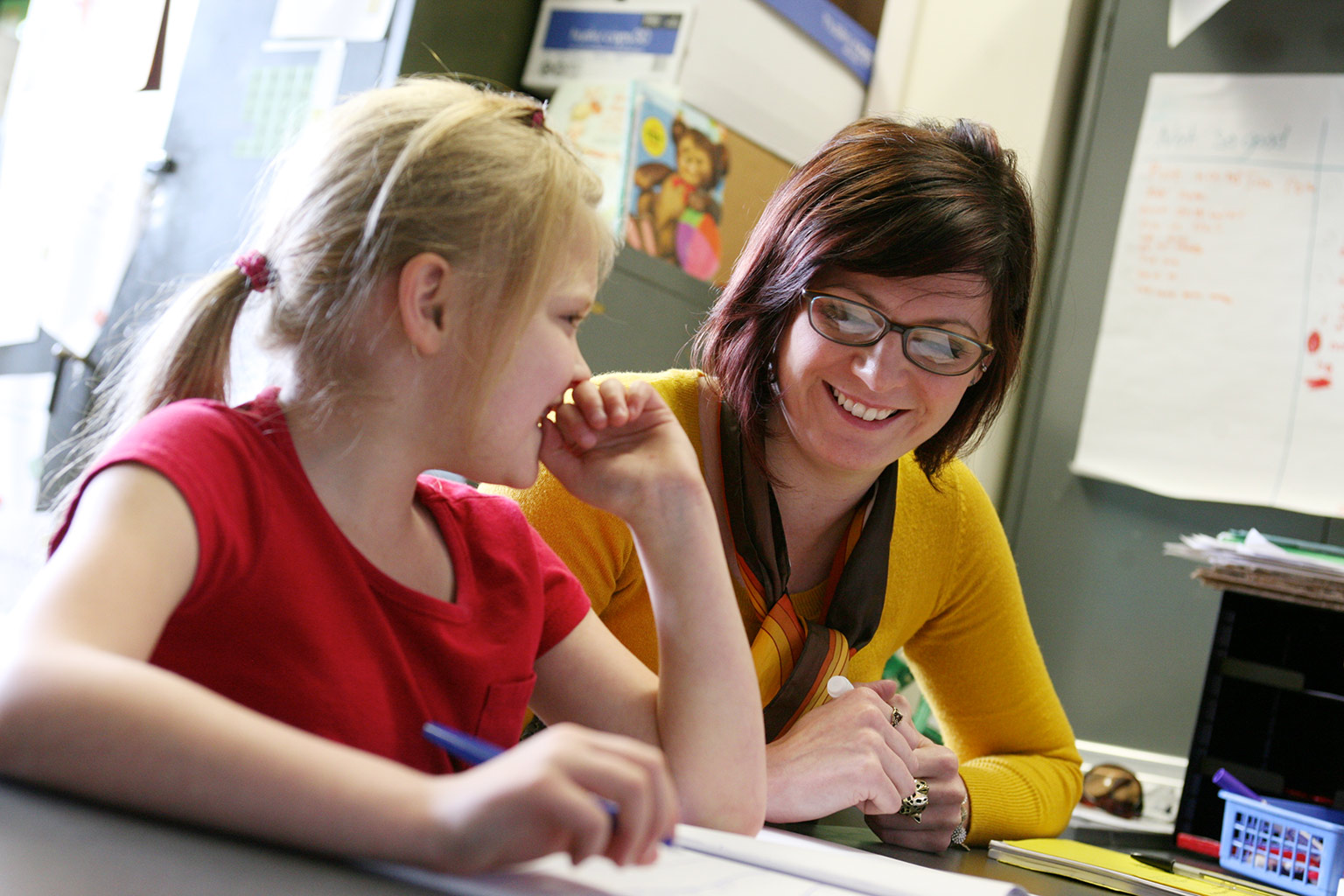
Similarly, the Monroe Regional Teacher Residency Consortium is a paid teacher residency program designed to prepare future teachers for a career in one of several participating Monroe County school districts. The Warner School has three other programs with similar benefits: the Higher Education Residential Fellow Program, the Higher Education Emerging Leader Fellowship, and the Higher Education Fellowship Program.
 Three disciplines > one
Three disciplines > one
BA in Politics, Philosophy, and Economics
The British are coming! The interdisciplinary study of politics, philosophy, and economics (PPE) began at legendary Oxford University in 1920—and has made significant inroads at American universities over the years, with about 50 institutions now offering the program of study. The interdisciplinary nature of PPE allows students to apply the tools of ethical, microeconomic, and quantitative analysis to an array of fundamental social, political, and economic problems.
The PPE bachelor’s degree program at Rochester began in 2022 and is jointly housed in the University’s Department of Philosophy and its top-ranked Department of Political Science (the latter is the birthplace of the world-renowned “Rochester School” of political science, or the scientific and quantitative study of politics). Today, around 50 undergraduate students list PPE as their major.
“The PPE major is wonderful because it gives students a much more powerful and diverse toolkit for changing the world than any of the three disciplines alone,” says Rosa Terlazzo, an associate professor of philosophy and one of the PPE program coordinators. “A PPE student knows enough about each of the disciplines to be taken seriously, but they have infinitely more tools for effectively identifying problems and creating designing solutions.”
 Breaking barriers for incarcerated people
Breaking barriers for incarcerated people
BA in Multidisciplinary Studies
For nearly a decade, the University’s Rochester Education Justice Initiative (REJI) has provided higher education opportunities for incarcerated and formerly incarcerated people in the Greater Rochester area. Last year, REJI launched a bachelor’s degree at Attica Correctional Facility, becoming the first R1 (or high-research activity) university in New York—and only the seventh in the country—to offer such a program.
The degree program at Attica is in multidisciplinary studies, which builds on a general studies associate degree program offered through REJI by nearby Genesee Community College. There are currently 100 students at Attica, Groveland, and Wyoming correctional facilities pursuing associate degrees, with nine pursuing bachelor’s degrees at Attica. The first bachelor’s degree cohort is on pace to graduate in spring 2026.
“I’m immensely proud of the vital work REJI has been doing to decarcerate our campus, our city, and our state,” says Joshua Dubler, an associate professor of religion and the director of REJI. “As the premier university and number one employer in a city that has the highest incarceration rate in the state, it is essential that the University of Rochester be a transformative force to help end mass incarceration. The launch of the BA program at Attica is a singular achievement that cements the University’s place as a nationally recognized player in the higher-ed-in-prison sector.”




